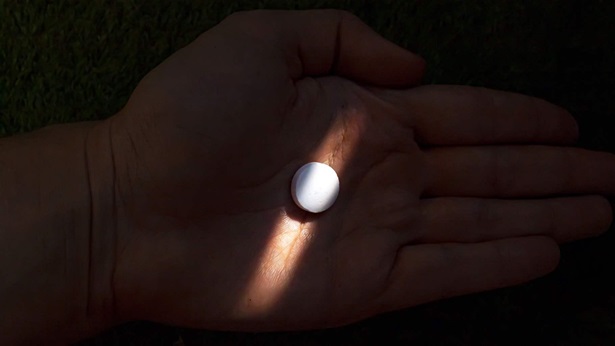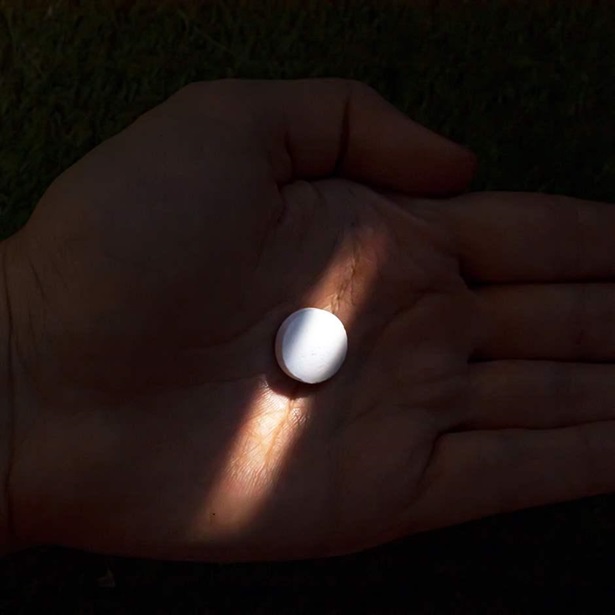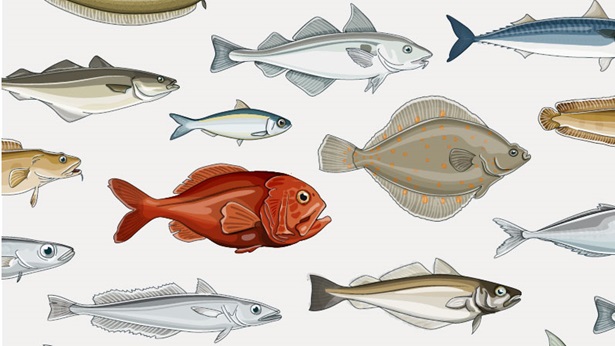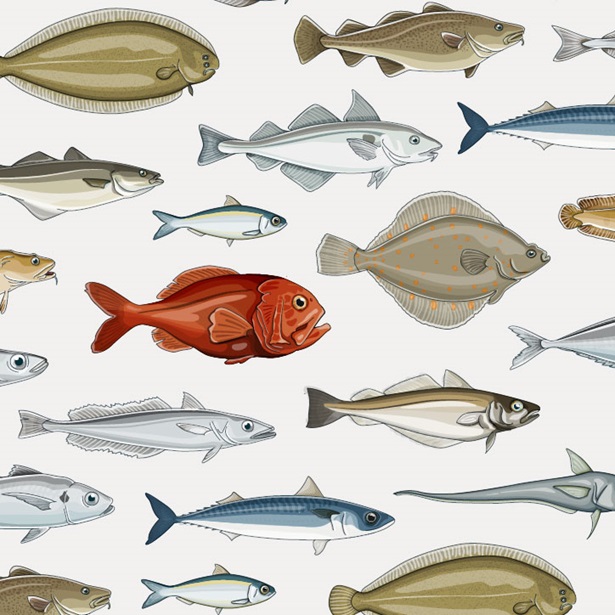Pew Report Makes Case for Ending Overfishing in North-Western Europe
LONDON—Swift and effective implementation of the European Union’s reformed Common Fisheries Policy (CFP) is essential to restoring fish stocks and the viability of communities that depend on fishing, according to a report released today by The Pew Charitable Trusts.
The report depicts the historical richness and diversity of the seas of north-western Europe, how those traits spurred development along the seas’ shores, the effects of too much fishing, and the role of EU fisheries management.
“EU fisheries ministers have yet to fully embrace the reformed Common Fisheries Policy that requires ending overfishing,” said Uta Bellion, director of Pew’s European marine programme. “Implementing the CFP without delay will fundamentally transform commercial fisheries in the region, allow overfished stocks to recover, and ensure that these seas are once again full of life.”
Pew’s report, Turning the Tide, covers waters of north-western Europe that include the North, Irish, and Celtic seas, and the north-east Atlantic. The loss of key fisheries has caused widespread cultural and economic hardship to fishing communities. For more than a century, fish stocks in this region have been severely exploited. In 2014, 41 per cent of stocks in the Atlantic and adjacent waters, where scientific data exist, were classified as overfished.
The most famous fallout has been from the decline of North Sea cod. Catches of this fish peaked at over 300,000 tons in the early 1970s and then declined in the 1980s and 1990s, plunging below 30,000 tons. In 2003 the International Council for the Exploration of the Sea (ICES) called for closure of the fishery. The total weight of the population—known as the biomass—remains critically low today.
The report details how overfishing for decades has had serious consequences throughout the region:
- In the North Sea, the first herring stock collapse took place in 1955. Since 2008, the stock has been subject to a management plan agreed to by the EU and Norway.
- In the Irish Sea, ICES has recommended zero catch of cod since 2004.
- In the Celtic Sea, fishing pressure has transformed the composition of the sea’s ecosystem. Populations of large fish species, such as cod and angler fish, have declined, while those of smaller species, such as blue whiting, megrim, and whiting, have increased.
- West of Scotland and Ireland, the blue whiting fishery was the largest in the north-east Atlantic in 2003 but had collapsed completely by 2011.
- The Irish fishery for orange roughy began in 2000, then peaked just two years later in 2002, and ended by 2009.
The CFP, which came into effect 1 January 2014, requires that EU member states end overfishing by 2015 where possible, and no later than 2020 elsewhere, to help fish stocks rebuild to sustainable levels. But in December 2014, EU ministers agreed to fishing limits in the region for 2015 that exceeded the scientific advice in the majority of cases, continuing a 30-year history of overfishing. Given this track record, the report argues for moving the CFP “from rhetoric to reality.”
“The policy can succeed only if those charged with implementing the reforms maintain their focus, and the public keeps pushing decision makers to ensure the law works in practice as intended,” the report concludes. “That would allow the recovery of fish stocks and lead to stable, sustainable fisheries in a region that supports abundant marine life and thriving communities.”
# # #
The Pew Charitable Trusts is a nongovernmental organisation that uses research, science, and data to improve public policy, inform the public, and invigorate civic life. Pew’s project to end overfishing in north-western Europe focuses on the implementation of two crucial elements of the reformed Common Fisheries Policy: set fishing limits that will end overfishing by 2015 where possible or by 2020 at the latest and eliminate the practice of discarding unwanted fish.













